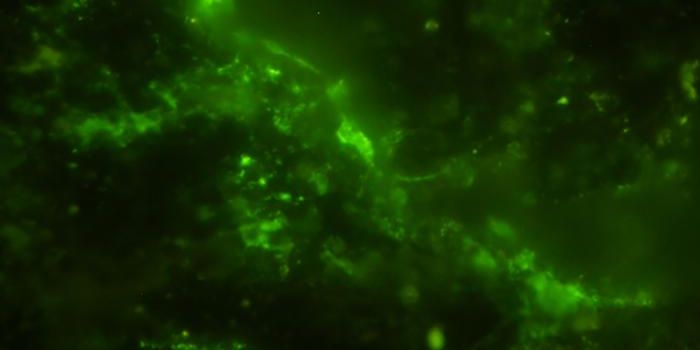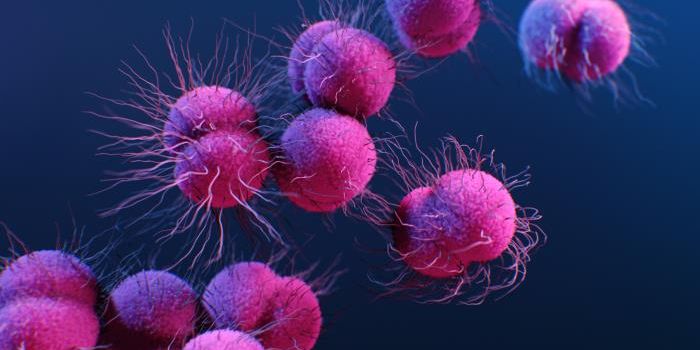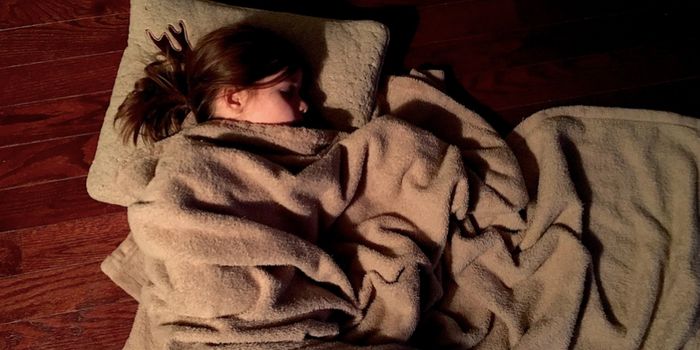An Engineered Antibody Can Prevent Malaria
Mosquitoes are one of the deadliest animals on Earth because they transmit diseases including malaria, which is thought to be responsible for the deaths of over 600,000 people every year. Many of them are children. Malaria is caused by a parasite known as Plasmodium, and most cases are due to a species of Plasmodium called P. falciparum. Researchers have long been searching for reliable ways to prevent malaria infections, like using pesticides to kill mosquitoes, using bed nets to try to prevent bites, or developing vaccines that can stop the disease. But none of these approaches have been entirely effective, and some, like certain drugs, become almost useless over time.
Two vaccines have recently been developed that work to prevent malaria, but their effect is limited and does not work for everyone.
But scientists have now created a monoclonal antibody that was shown to prevent malaria in as many as 77 percent of children aged six to ten who received the antibody. Now, the investigators are planning more tests. The findings have been reported in the New England Journal of Medicine.
This antibody is called L9LS, and scientists based it on an antibody that was isolated from a volunteer who had gotten an experimental malaria vaccine. The antibody was modified so that it would stay in the body for a longer period of time.
It works by attaching to a protein on the surface of P. falciparum sporozoites, which is the stage the parasite is in when it is transmitted from mosquitos to humans. When L9LS is bound to the sporozoites, they are unable to infect liver cells, a necessary step before the parasite can move to infect blood cells, cause disease, and spread to other mosquitoes during a blood meal.
A clinical study in 2022 showed that the antibody stopped malaria in 15 people out of a small group of 17, or 88 percent, who were exposed to a controlled P. falciparum infection. Now, the antibody has been tested in people during a six-month malaria season (July to December) in Mali.
First, a group of adults was given three doses of antibody. Then, children received two doses or a placebo. No serious side effects arose, so 225 more children were enrolled in the study.
During the malaria season, only 19 percent of the children who received a higher dose of the antibody got malaria, while 28 percent who got a lower dose experienced symptoms of malaria that were confirmed in a clinic. However, nearly 60 percent who got the placebo had malaria symptoms. The researchers concluded that a high dose of this antibody is 77 percent effective at preventing malaria disease.
There were also lower levels of the parasite in the blood of individuals who received the antibody. Side effects were mild.
“A long-acting monoclonal antibody delivered at a single health care visit that rapidly provides high-level protection against malaria in these vulnerable populations would fulfill an unmet public health need,” noted Dr. Jeanne Marrazzo, director of the NIH’s National Institute of Allergy and Infectious Diseases.
Now, more clinical tests are being planned and performed to verify the efficacy and safety of the antibody, which could be a game changer in malaria prevention.
Sources: National Institutes of Health (NIH), New England Journal of Medicine









